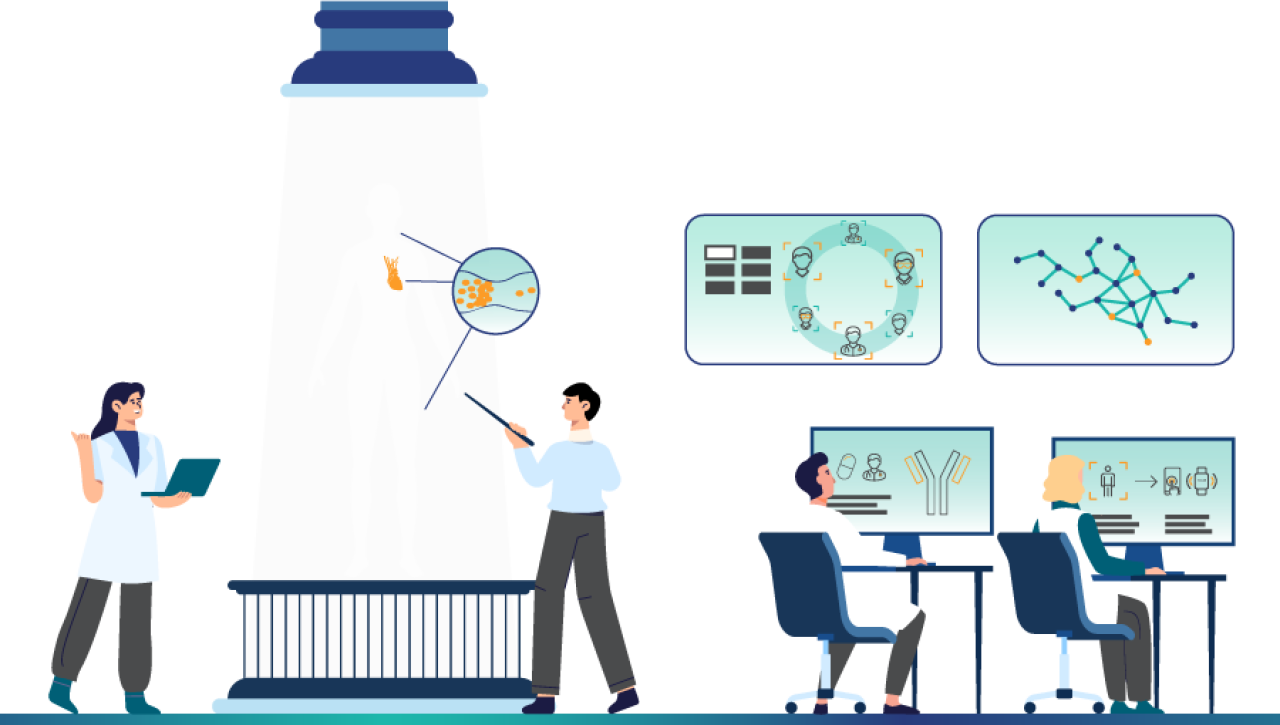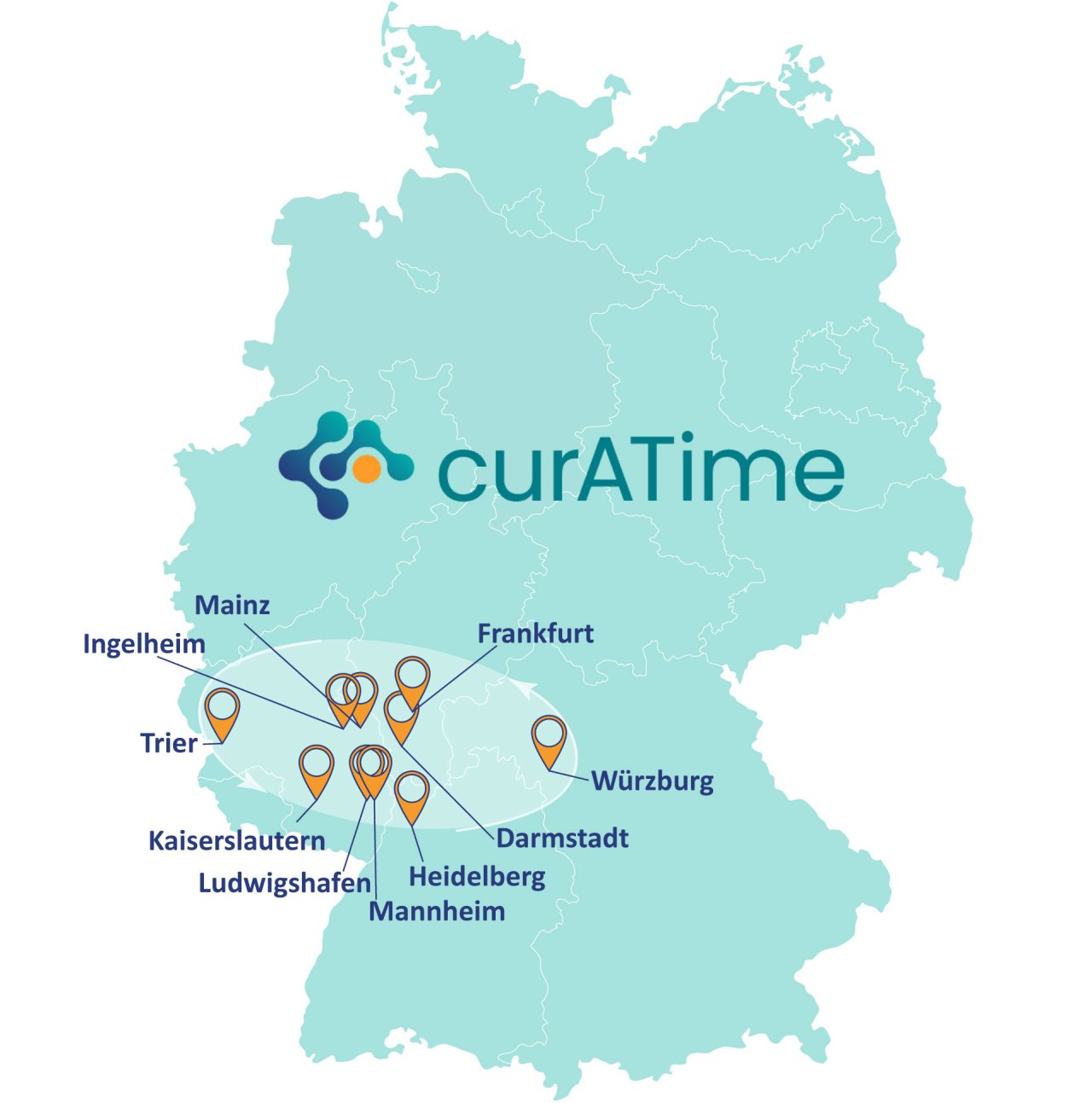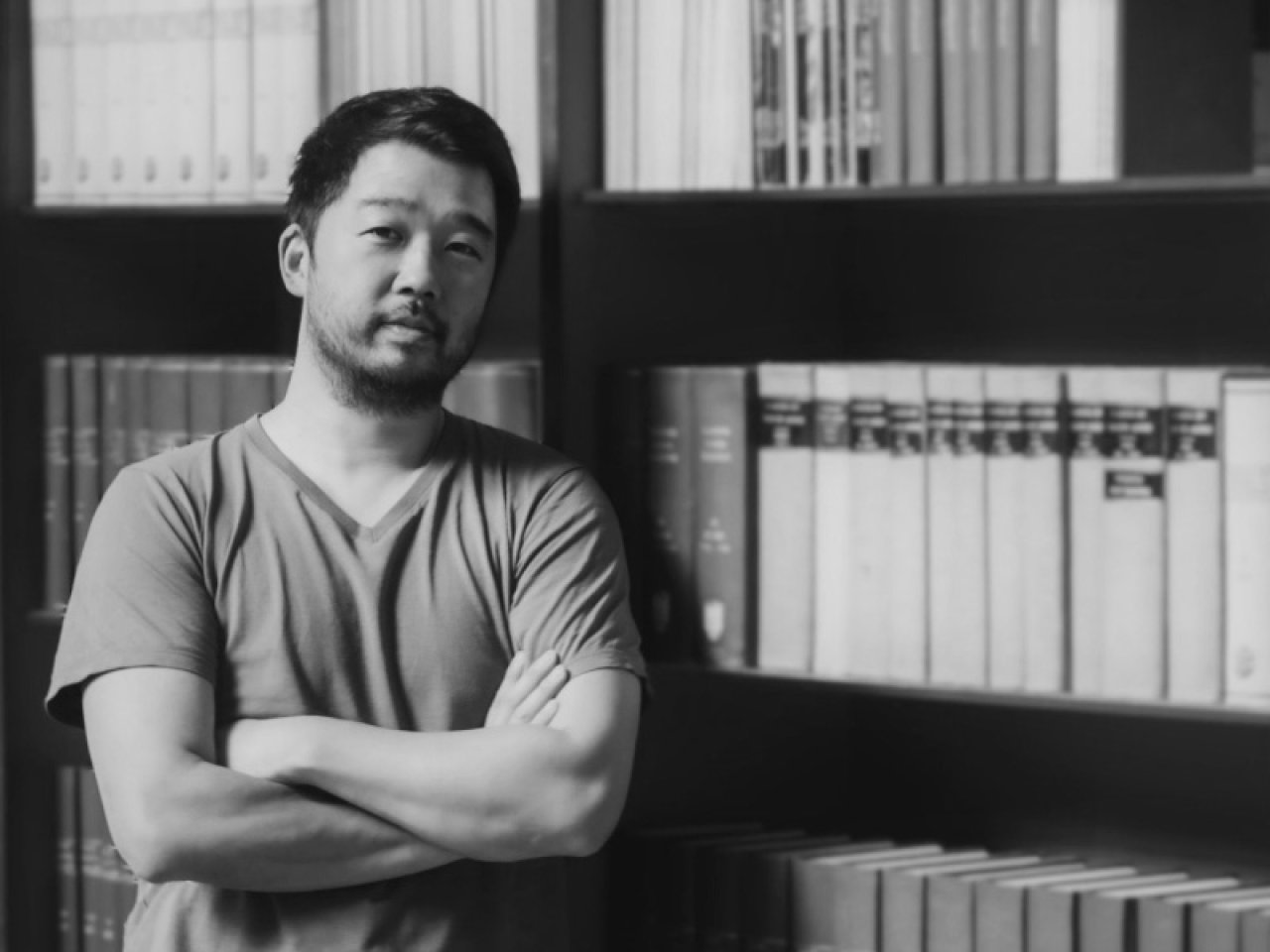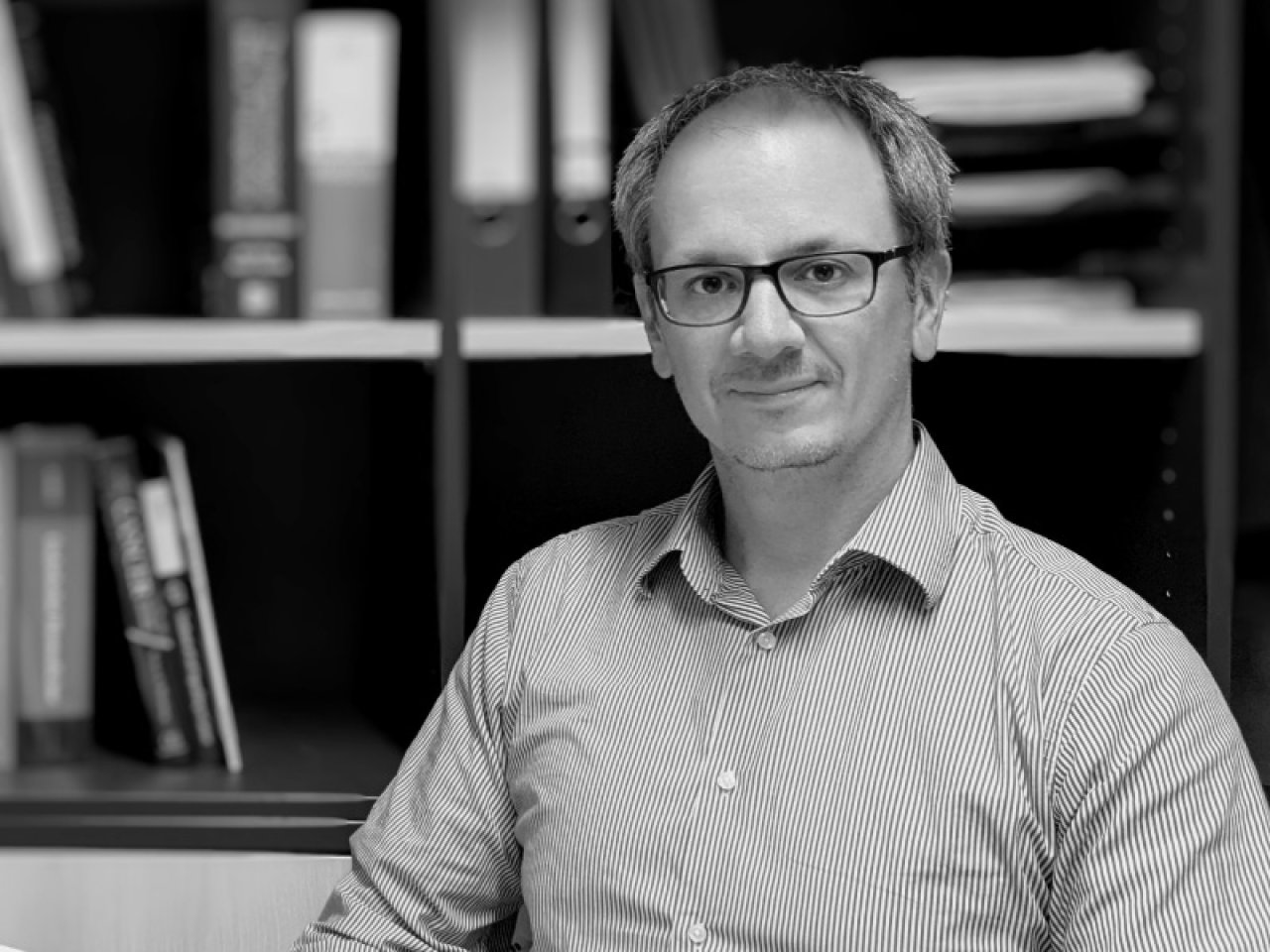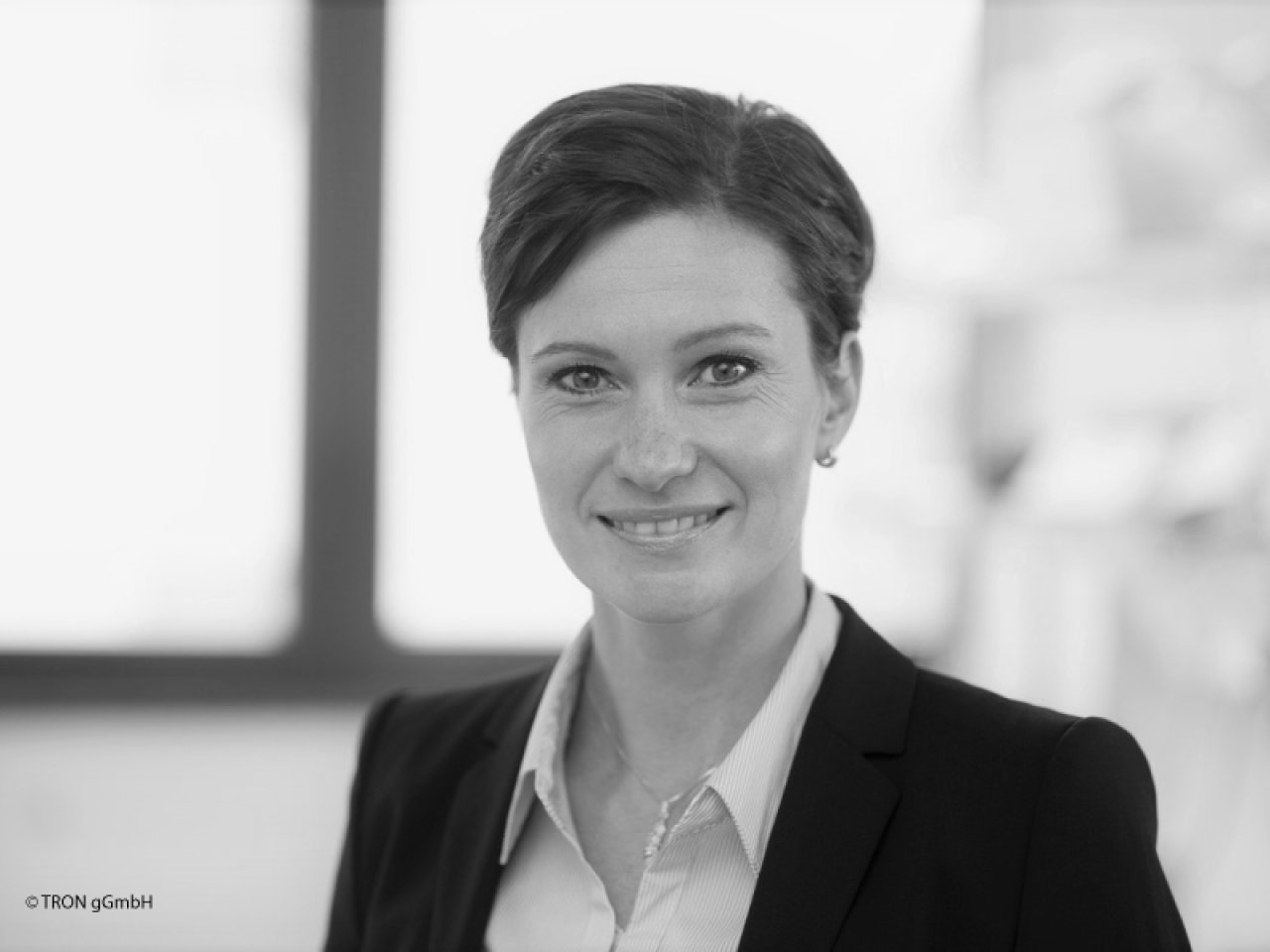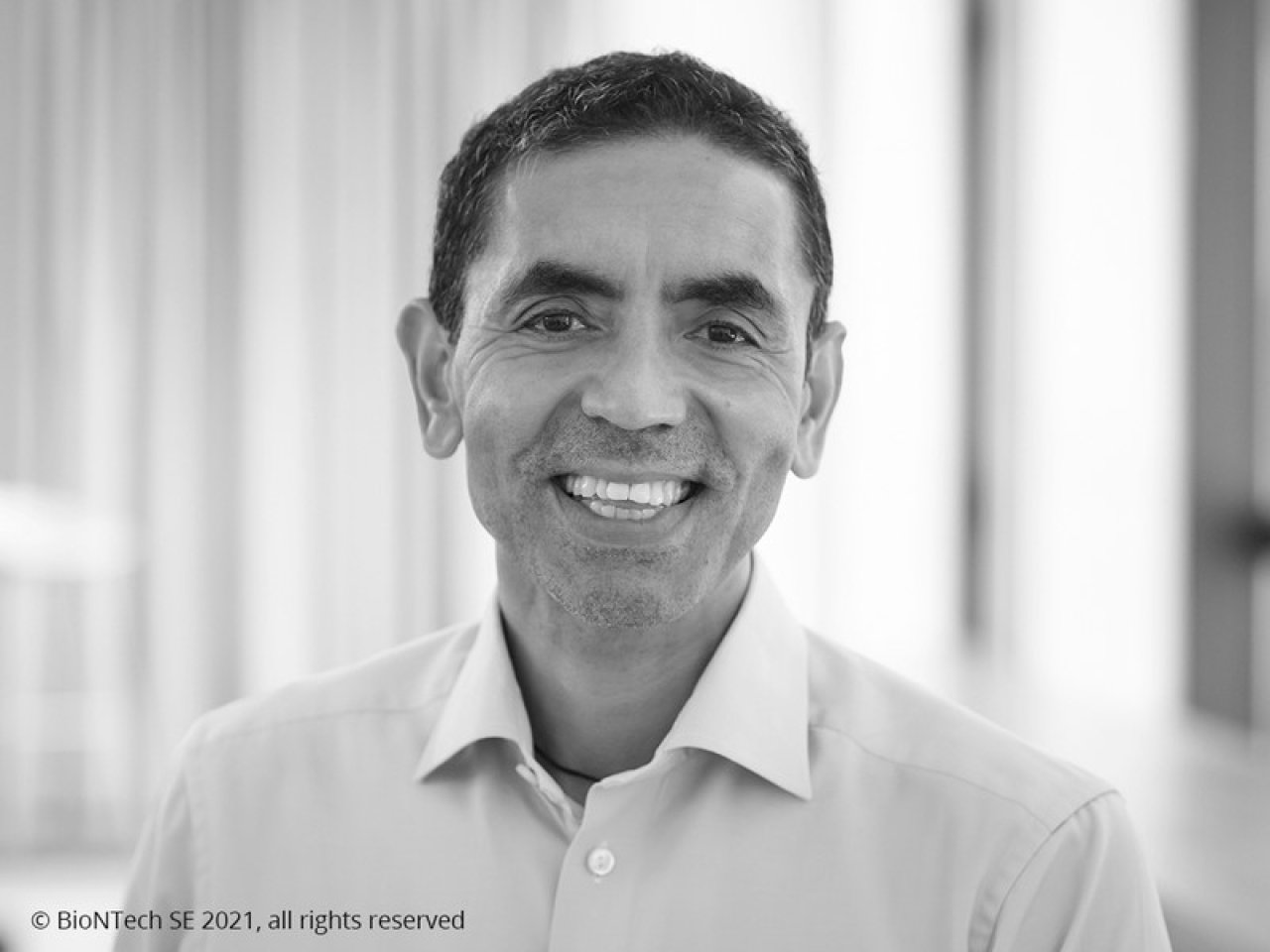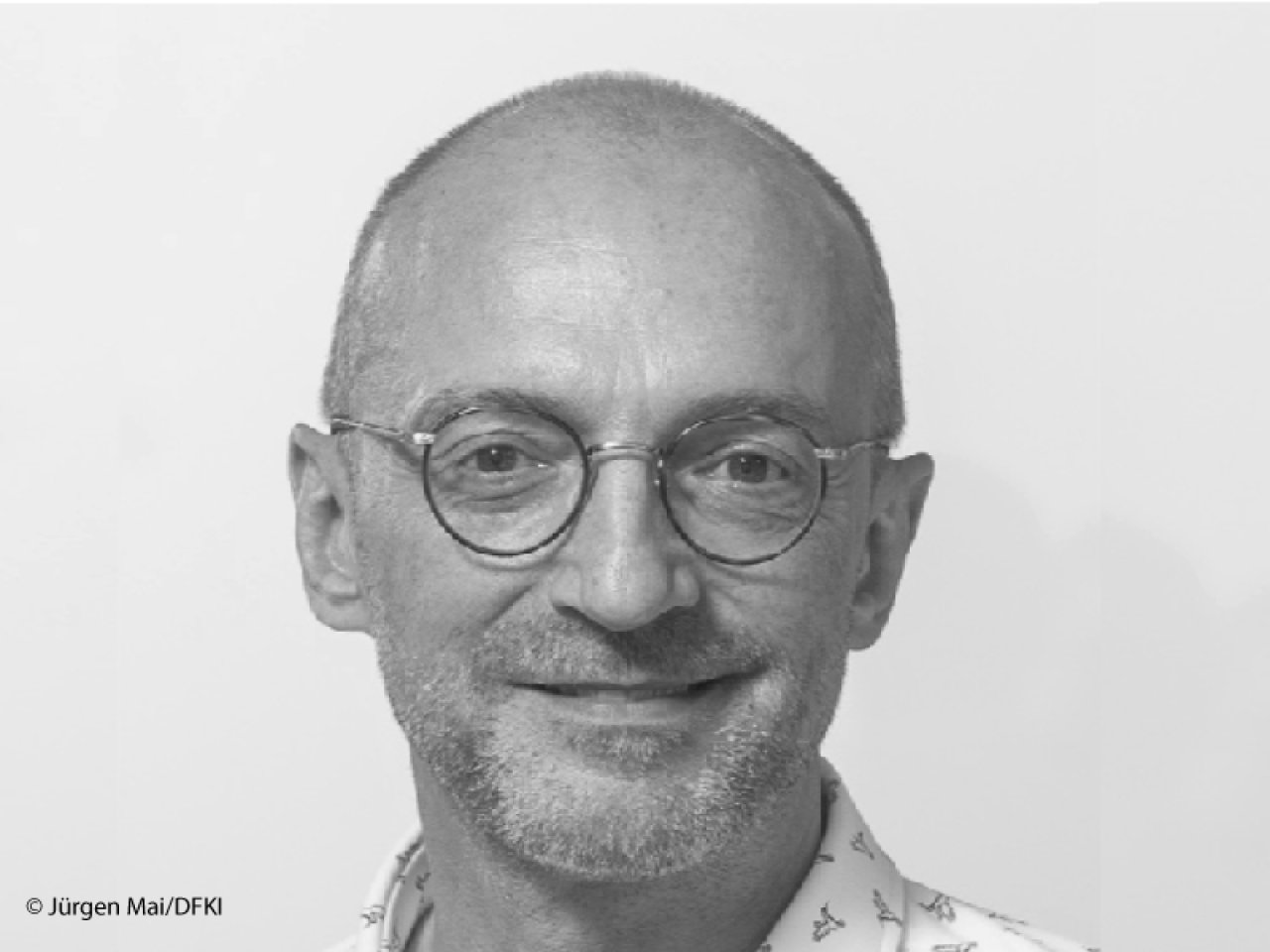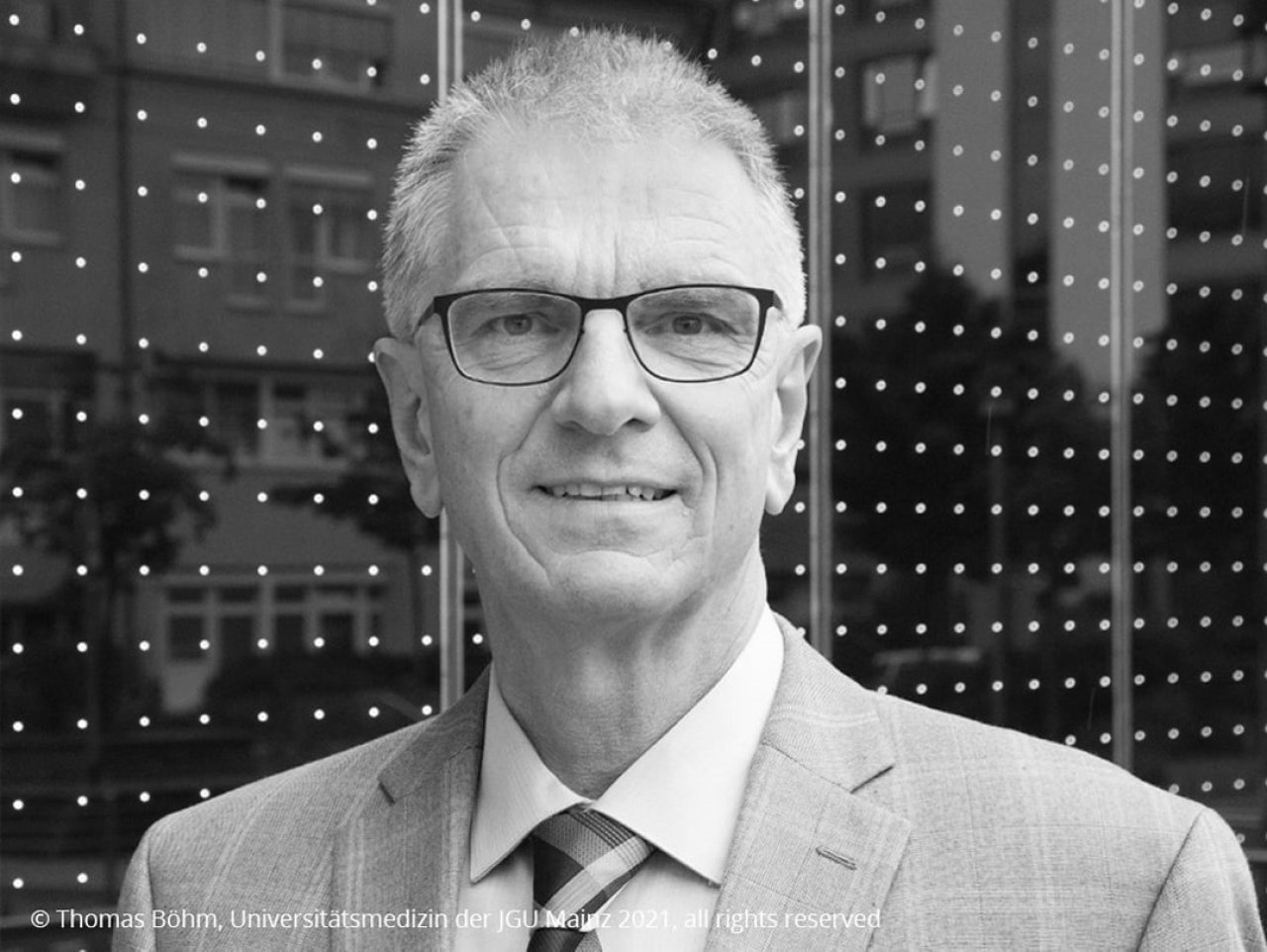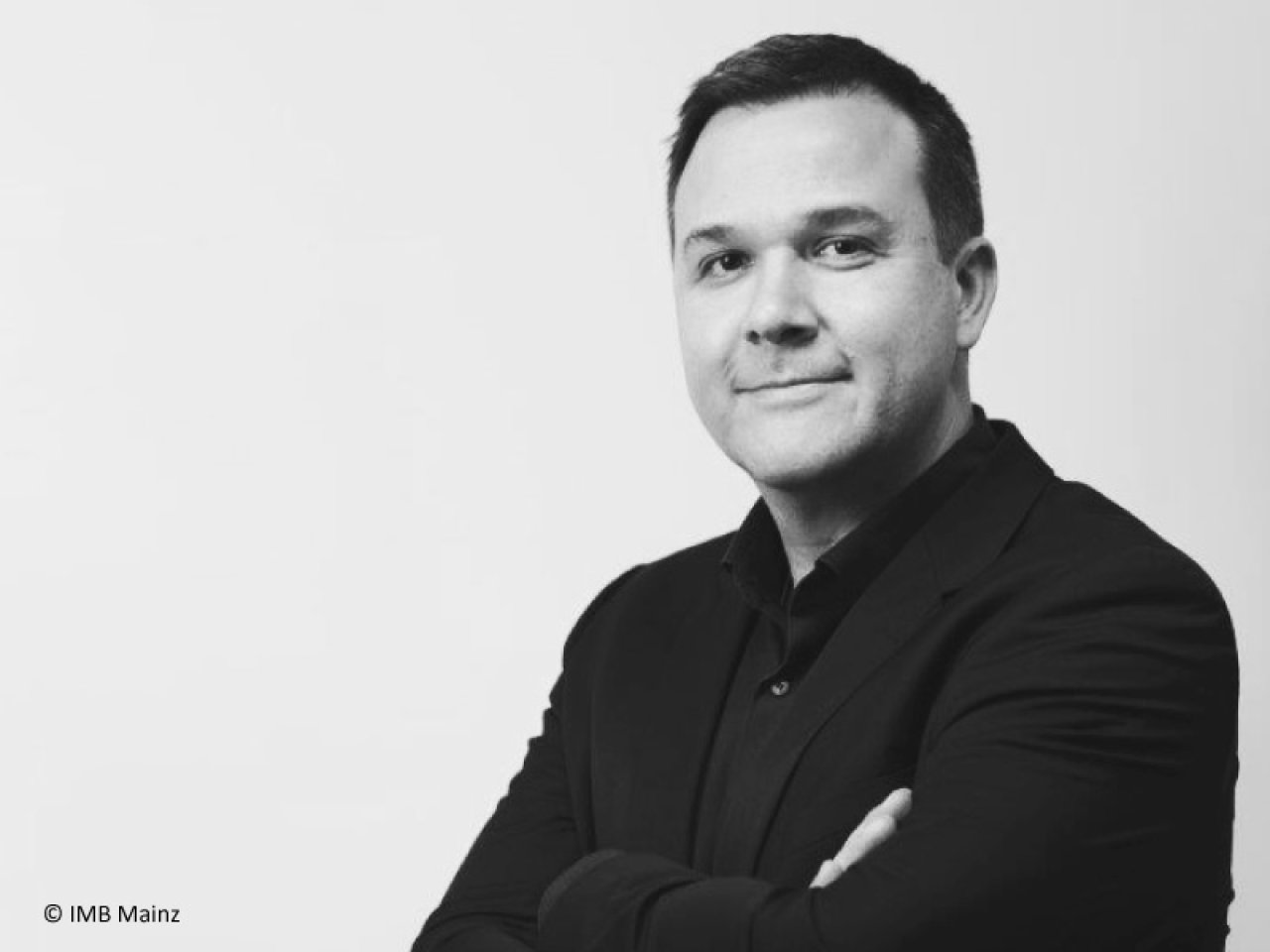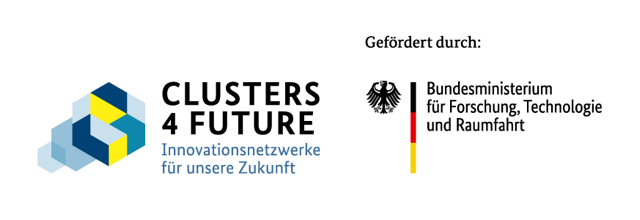-
With curATime we strive to be at the forefront of innovation by collaborating with the brightest minds of academia and industry. We want to push the boundaries of knowledge and create transformative impact.
Prof. Dr. Johnny Kim
curATime cluster spokesman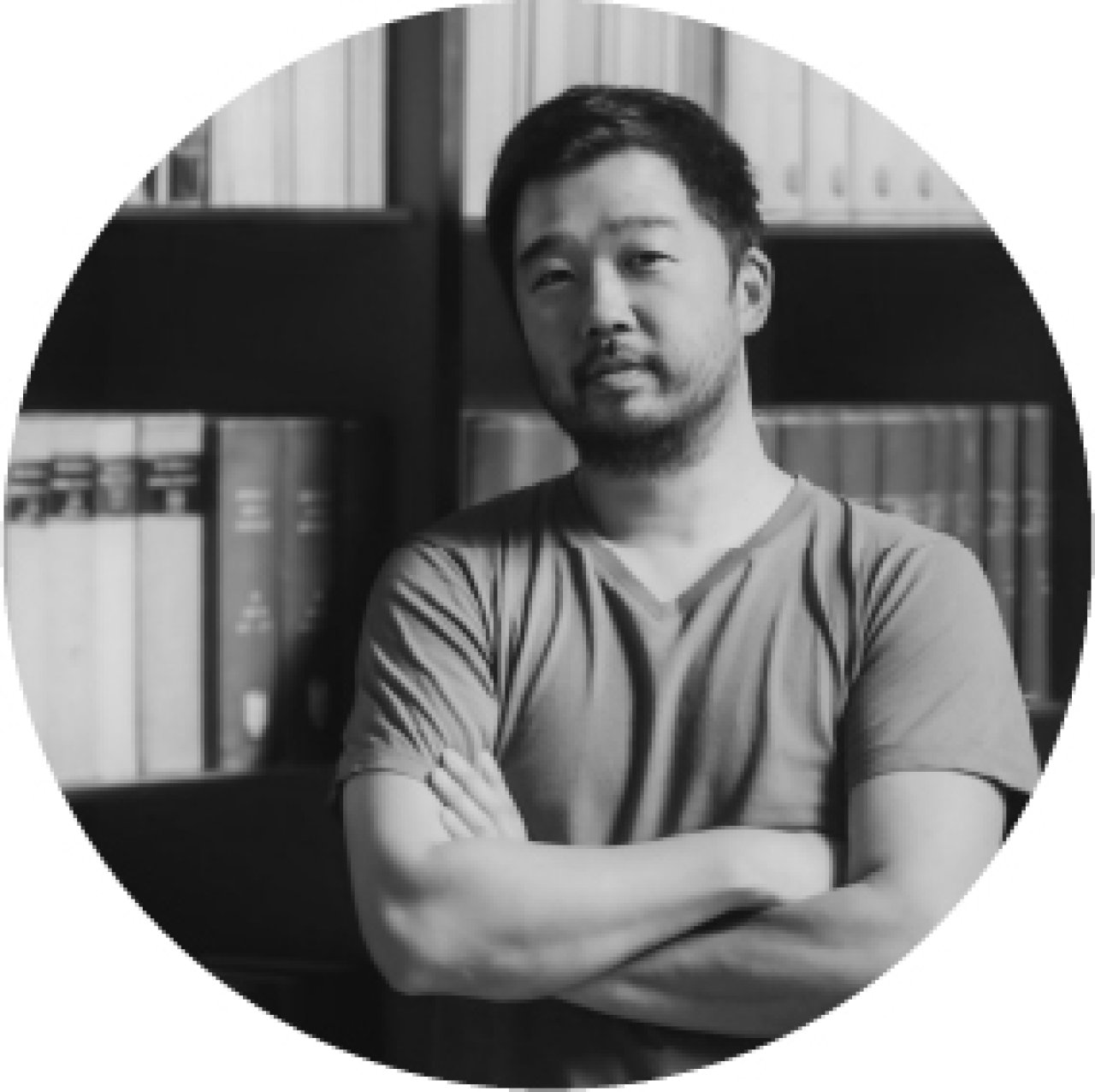
-
curATime stands for innovation by teamwork and interdisciplinarity. Together, we develop disruptive approaches for the prevention and treatment of cardiovascular diseases.
Priv.-Doz. Dr. Boris Strilic
Deputy cluster spokesman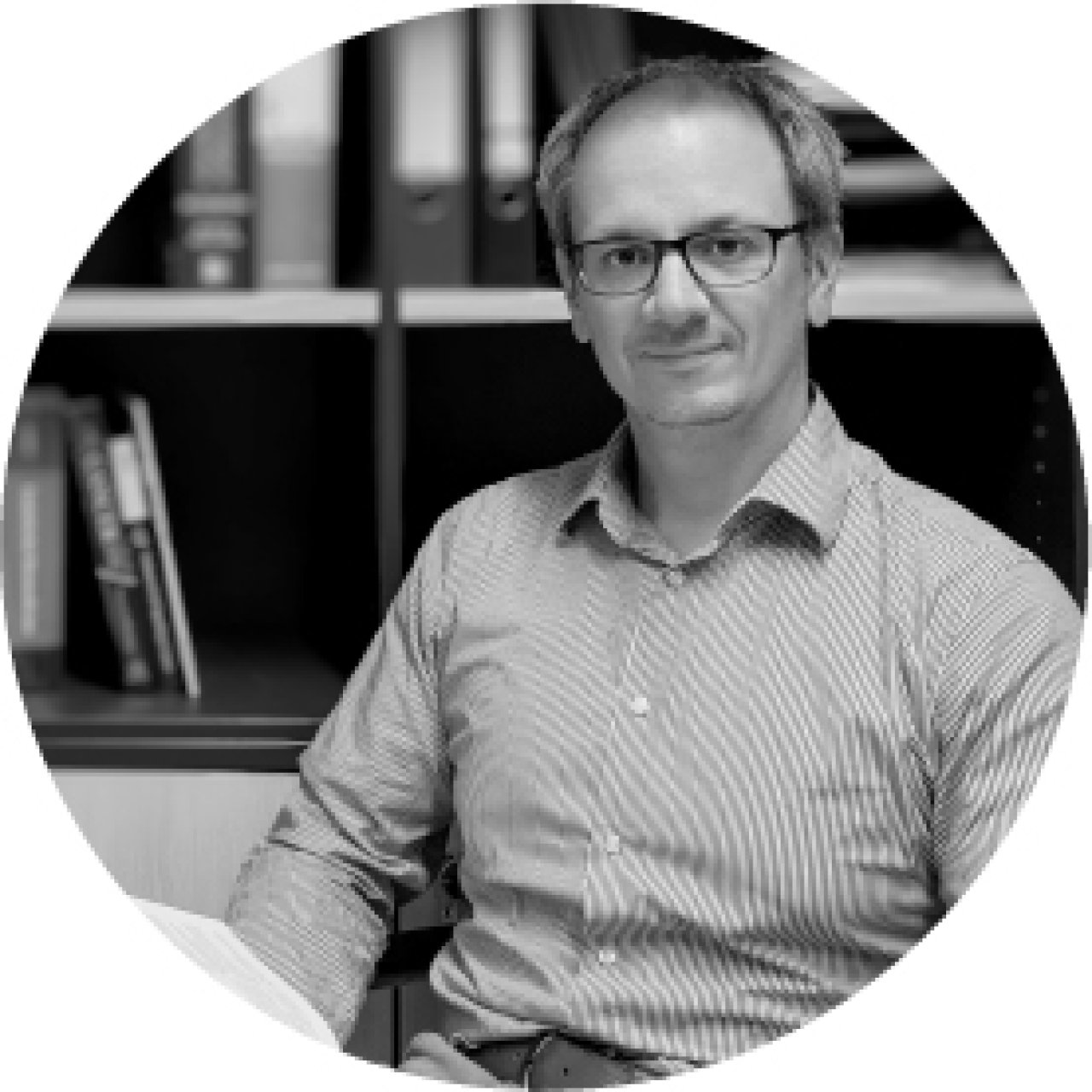
-
curATime is a new challenge for us, not only because of the diversity of cluster participants, but especially because it sets the course into completely new research areas for TRON.
Dr. Tina Büchling
Administrative coordinator curATime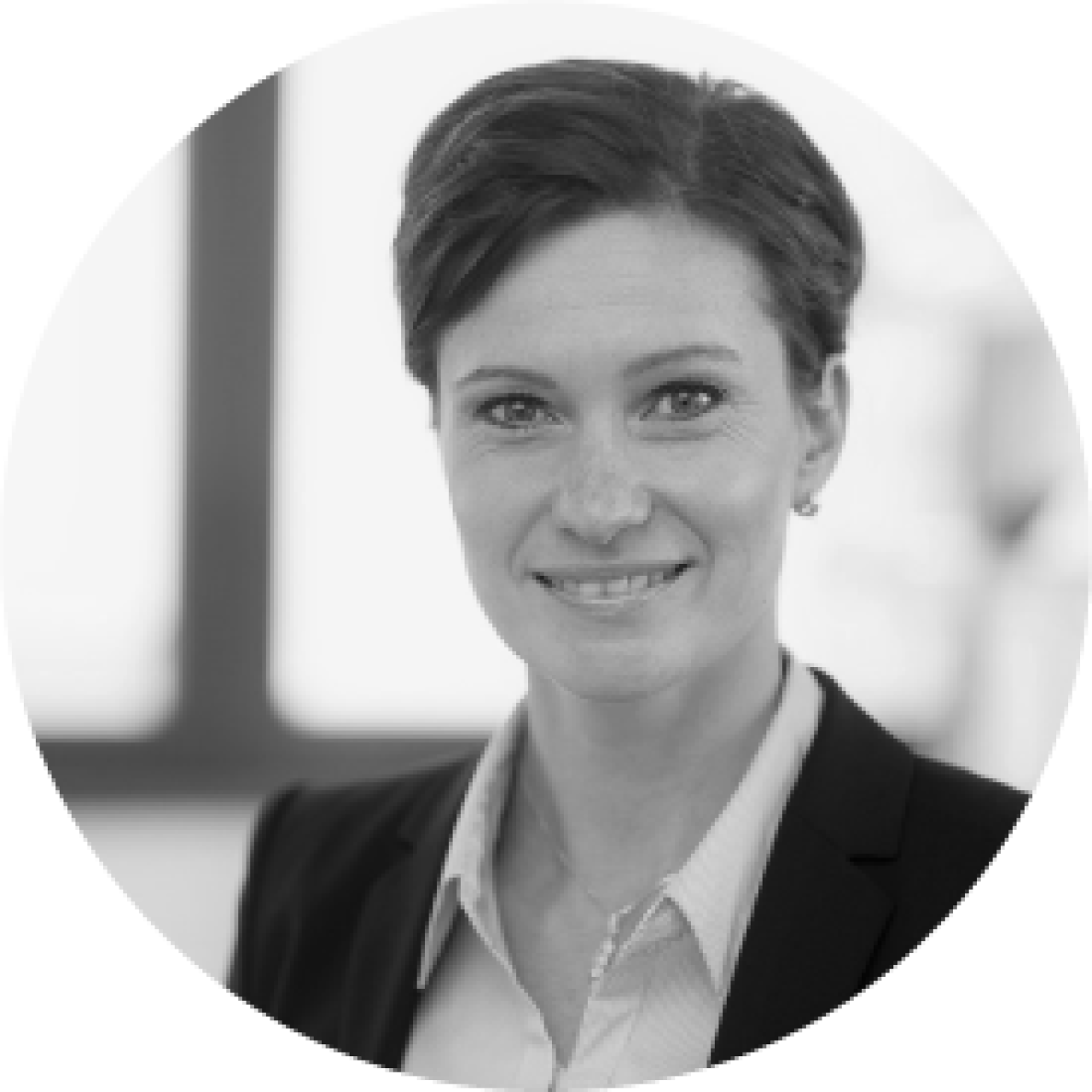
-
We want to better understand the pathomechanistic processes of atherothrombosis and identify molecular targets that we can address immunotherapeutically.
Univ.-Prof. Dr. med. Ugur Sahin
curATime Scientist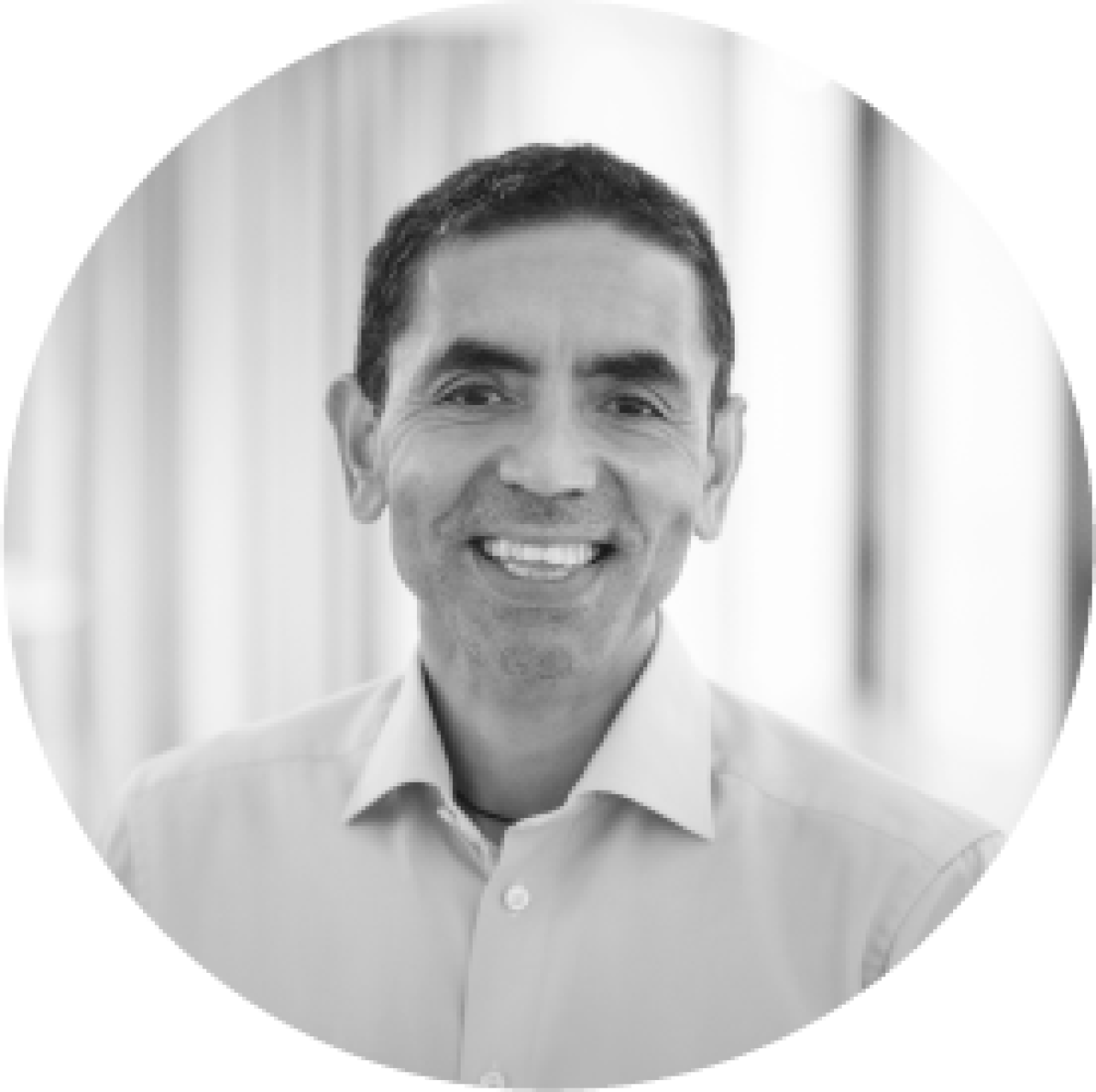
-
curATime is a tremendous opportunity for translating basic discoveries into new therapeutic strategies and the prevention of atherothrombotic diseases.
Univ.-Prof. Dr. med. Wolfram Ruf
curATime Scientist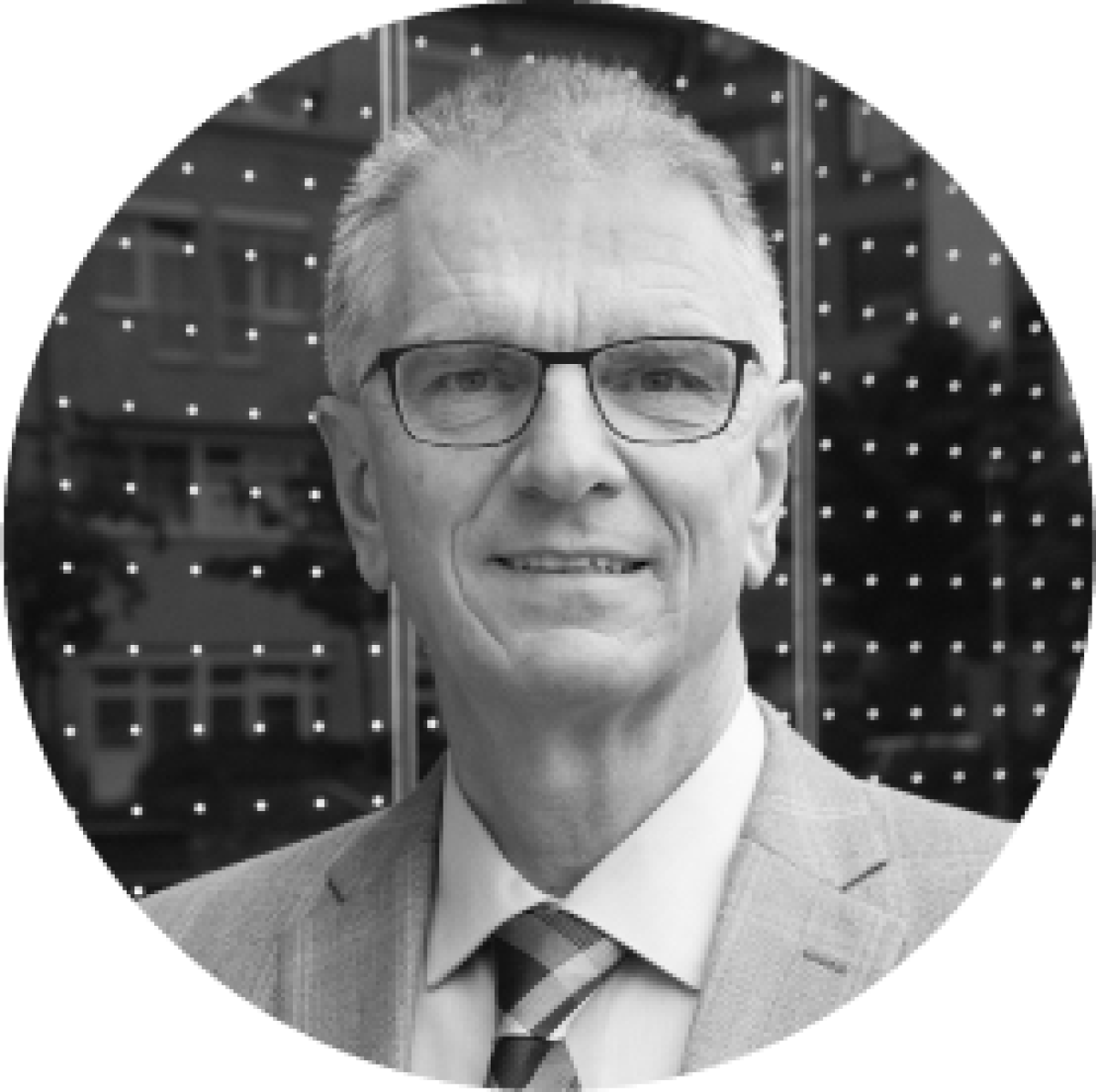
-
The use of AI and Deep Learning for cardiovascular diseases will contribute essentially to the faster and lower-cost development of new drugs, as well as to the improvement of diagnoses and therapies.
Univ.-Prof. Dr. Andreas Dengel
curATime Scientist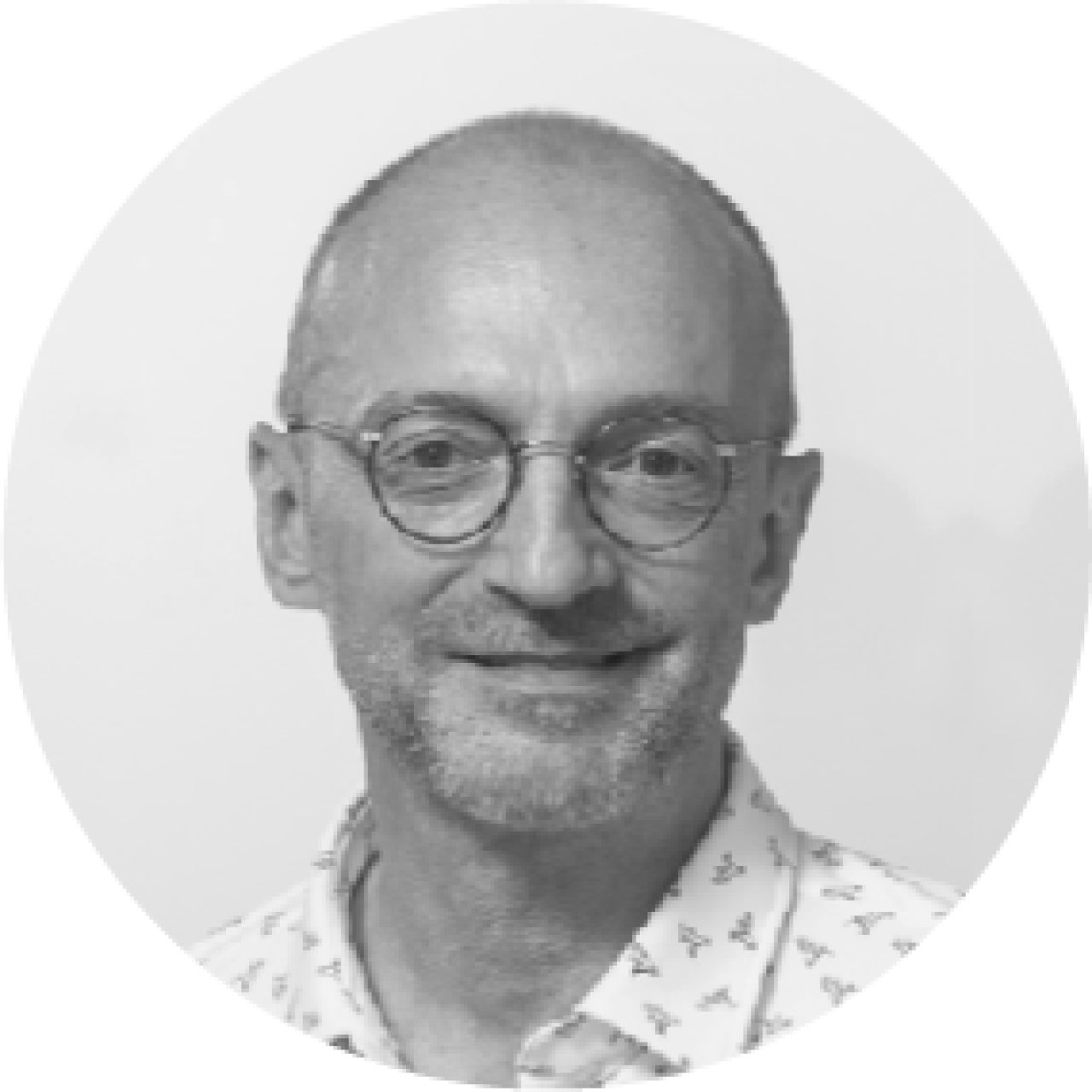
-
With curATime, we aim to take drug development, diagnostics and prognosis of atherothrombosis to a new level. It is based on highly granular human cohorts with large-scale multi-omics analyses. This will enable us to identify targets and specific signatures directly in humans.
Univ.-Prof. Dr. med. Philipp Wild
curATime Scientist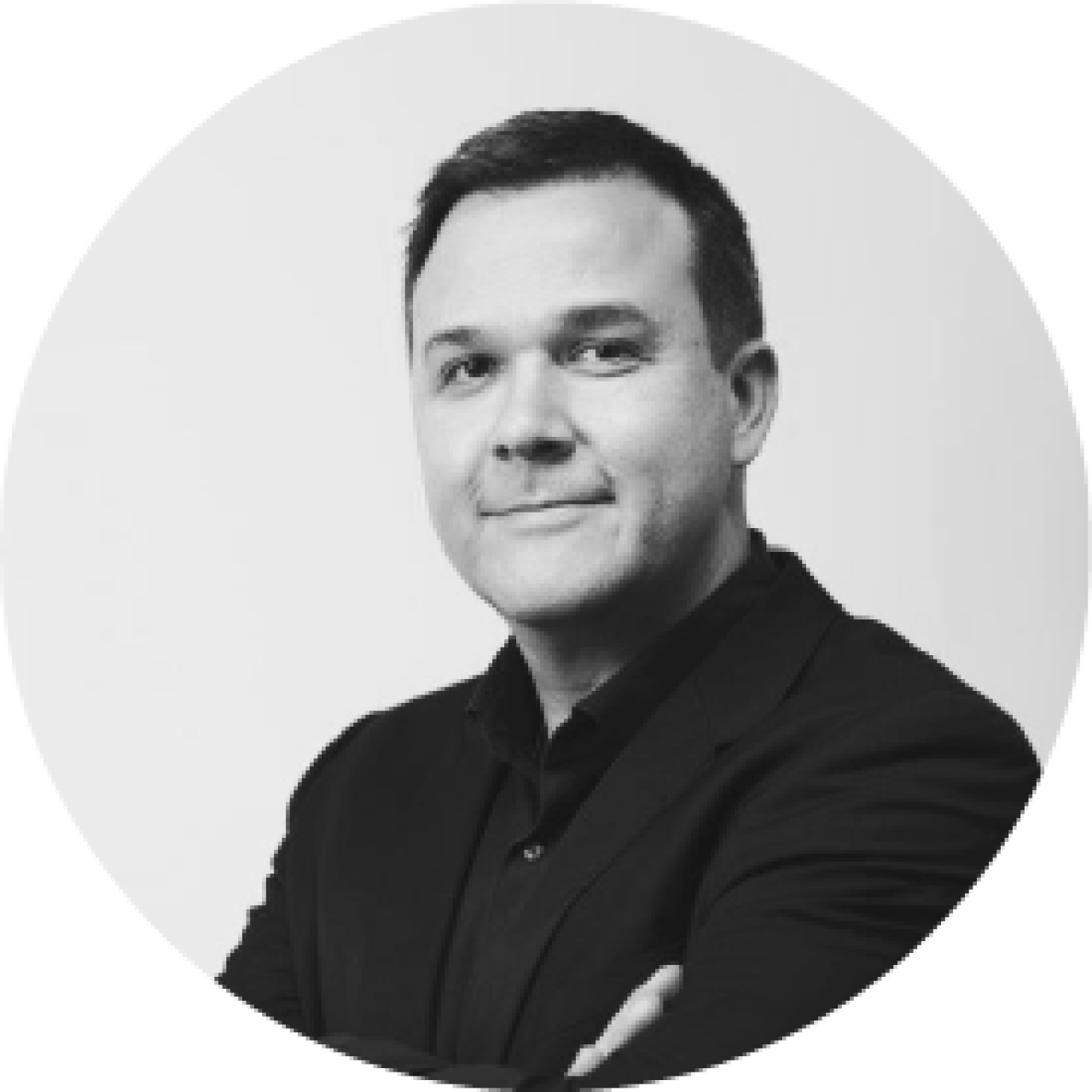
About us
Our network
curATime is one of 14 future clusters of the "Clusters4Future" initiative of the Federal Ministry of Education and Research. This initiative promotes geographically concentrated partnership structures that work towards a common goal through cooperation between all relevant stakeholders. In this way, different technologies and competencies of a region are re-bundled to provide financial support for Germany's top research at an early stage, thus giving the clusters the opportunities to transform their ideas into future-oriented key technologies and applications.
A core team of experts in the fields of biomarker and thrombosis research, clinical cardiology, immunotherapy, epidemiology and machine learning has come together to establish the cluster. With their complementary expertise and access to extensive population studies (Gutenberg Health Study) and disease cohorts, the curATime core partners, consisting of TRON gGmbH, the University Medical Center of the Johannes Gutenberg University Mainz and the German Research Center for Artificial Intelligence (DFKI) in Kaiserslautern, have excellent prerequisites for achieving the ambitious cluster goals and thus the therapy for combating atherothrombosis that is targeted at the individual patient.
Core partners
curATime cluster coordinator
TRON is a non-profit limited liability company whose mission is to bridge the gap between academic and industrial research. In the course [...]
curATime cluster coordinator
TRON is a non-profit limited liability company whose mission is to bridge the gap between academic and industrial research. In the course of this, TRON studies new therapies for widespread diseases in the population and develops treatment options up to clinical application through collaboration with academic and industrial partners. TRON's core competencies are the interdisciplinary use of genomic and immunological methods with the aim of creating innovative technologies and concepts for the identification and evaluation of potential biomarkers that can be used as the basis for individual immunotherapies. As a pioneer for this therapeutic application, TRON, together with its collaboration partners, sees itself as a think tank and driving force for personalized drug development.
The University Medical Center of the Johannes Gutenberg University of Mainz is the only medical center providing supramaximal care in Rhineland-Palatinate and an internationally recognized scientific location. It comprises more than 60 [...]
The University Medical Center of the Johannes Gutenberg University of Mainz is the only medical center providing supramaximal care in Rhineland-Palatinate and an internationally recognized scientific location. It comprises more than 60 clinical departments, institutes and divisions that work together across disciplines and treat more than 403,000 inpatients and outpatients every year. Highly specialized patient care, research and teaching are combined here. The University Medical Center offers training to around 3,700 medical and dental students and to more than 590 healthcare, commercial and technical professionals. With around 9,000 employees, the Mainz University Medical Center is one of the largest employers in the region and an important driver of growth and innovation.
The German Research Center for Artificial Intelligence GmbH (DFKI) was founded in 1988 as a non-profit public-private partnership (PPP). It has sites in Kaiserslautern, Saarbrücken, Bremen and Lower Saxony, laboratories in Berlin and Darmstadt, and field offices in Lübeck and Trier. DFKI [...]
The German Research Center for Artificial Intelligence GmbH (DFKI) was founded in 1988 as a non-profit public-private partnership (PPP). It has sites in Kaiserslautern, Saarbrücken, Bremen and Lower Saxony, laboratories in Berlin and Darmstadt, and field offices in Lübeck and Trier. DFKI combines scientific excellence and business-oriented value creation with social appreciation. DFKI has been researching AI for humans for more than 30 years and is oriented towards social relevance and scientific excellence in the crucial future-oriented research and application areas of artificial intelligence. In the international scientific world DFKI Currently, approximately 1,480 employees from over 65 nations are conducting research on innovative software solutions. The financial volume in 2021 was 76.3 million euros. www.dfki.de
Cluster coordination
Prof. Dr. Johnny Kim - Cluster spokesman
Prof. Dr. Johnny Kim, Head of the Department for Cardiovascular Therapeutics at TRON, uses systems biology approaches to study the molecular mechanisms of cell differentiation processes and their reversal. He is a recognised expert in the field of tissue regeneration, stem cell, developmental and reprogramming biology. Johnny is associated with the German Centre for Cardiovascular Research (DZHK) at its Rhein-Main location and Associated Professor (Adjunct) at Yale University in New Haven, USA.
Priv.-Doz. Dr. Boris Strilic - Deputy cluster spokesman
Priv.-Doz. Dr. Boris Strilic is Deputy Head of the Department of Cardiovascular Therapeutics at TRON. He has many years of experience in molecular medicine, particularly in the field of vascular research. Dr. Strilic shares his extensive expertise in vascular cell biology by teaching at the Goethe University Frankfurt.
Dr. Tina Büchling - Administrative coordinator
Dr. Tina Büchling, head of TRONs project and collaboration management, is responsible for external and internal communication. With her as administrative coordinator, curATime will benefit from many years of expertise in agile project management in academic as well as industrial settings. She was already significantly involved in the administrative management of the scientific excellence cluster Ci3 in Mainz.
Scientists
Univ.-Prof. Dr. med. Ugur Sahin
Univ.-Prof. Dr. med. Ugur Sahin, Professor of Translational Oncology and Immunology at the University Medical Center of the Johannes Gutenberg University Mainz (UM) is a co-founder and scientific advisor of TRON gGmbH and CEO of BioNTechSE. He is an internationally distinguished expert in the field of mRNA technology. He focuses his current research activities on novel immunotherapeutic targets and the development of individualized treatment approaches as well as innovative immunotherapies.
Univ.-Prof. Dr. Andreas Dengel
Univ.-Prof. Dr. Prof. h.c. Andreas Dengel, Executive Director of the Deutsches Forschungszentrum für Künstliche Intelligenz GmbH (DFKI) in Kaiserslautern, Head of the Research Area Smart Data and Knowledge Services and Professor at the Department of Computer Science at the RPTU Kaiserslautern-Landau is an internationally distinguished AI expert. As a member of the Biotechnology Advisory Board RLP (https://biotech.rlp.de/de/koordinator-beirat/), Prof. Dengel is contributing his many years of experience in AI-based analysis of multi-omics data and medical images as well as on explainable AI to curATime.
Univ.-Prof. Dr. med. Wolfram Ruf
Univ.-Prof. Dr. Wolfram Ruf, Scientific Director and Spokesman of the Centre for Thrombosis and Haemostasis Mainz (CTH), specializes in translational thrombosis research, coagulation factors and their signal transduction in tumour progression, as well as autoimmunity, atherosclerosis and angiogenesis. He is Deputy Spokesman of the Translational Vascular Biology Center Research Center as well as Principle Investigator at the German Center for Cardiovascular Research (DZHK).
Univ.-Prof. Dr. med. Philipp Wild
Univ.-Prof. Dr. med. Philipp Wild is W3 Professor at the University Medical Center Mainz and heads the departments of Clinical Epidemiology and Systems Medicine at the Center for Thrombosis and Haemostasis as well as the department of Preventive Cardiology and Medical Prevention at the Center for Cardiology. He is a recognized expert in the field of translational research on common diseases, especially cardiovascular diseases. His focus lies on a medical systems research approach with multi-level data analyses.
Our Team
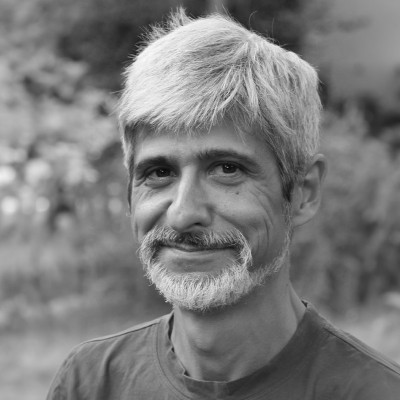
©Private
Prof. Miguel Andrade
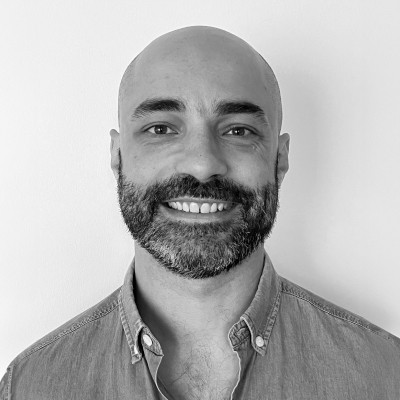
©Private
Dr. Francisco Aresta Branco
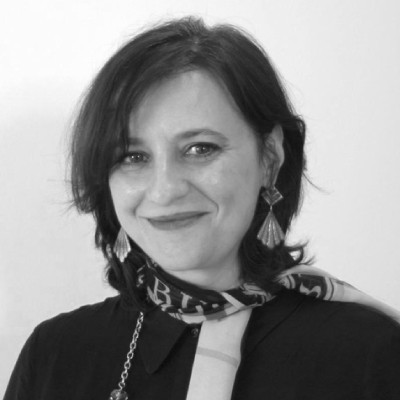
©Private
Dr. Laura Bindila
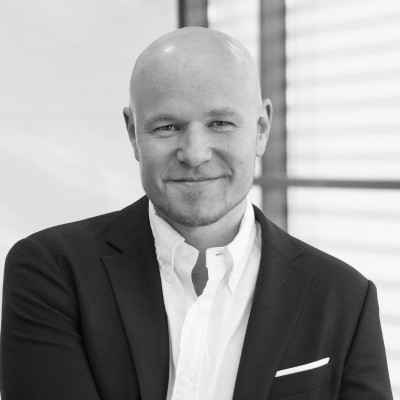
©Thomas Böhm/ Universitätsmedizin Mainz
Prof. Dr. Tobias Bopp
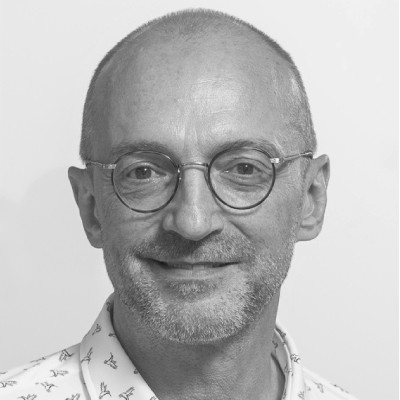
©Jürgen Mai / DFKI
Univ.-Prof. Dr. Andreas Dengel
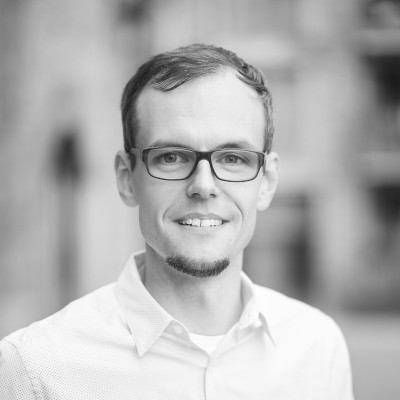
©Private
Jun.-Prof. Dr. Carsten Deppermann
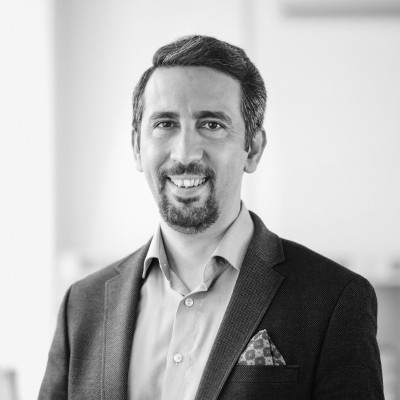
©TRON gGmbH
Dr. Mustafa Diken
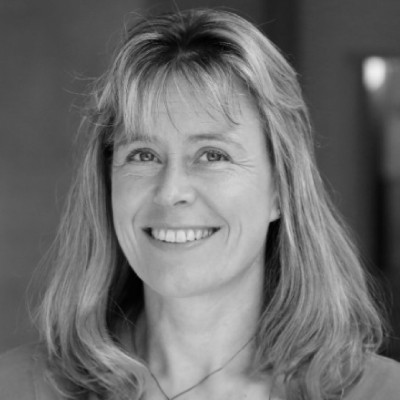
©Stefanie Dimmeler
Prof. Dr. Stefanie Dimmeler
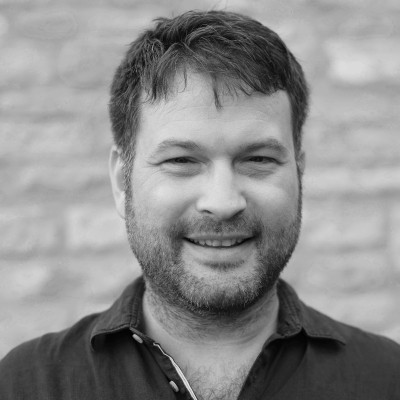
©Private
Univ.-Prof. Dr. Georg Daniel Dürr
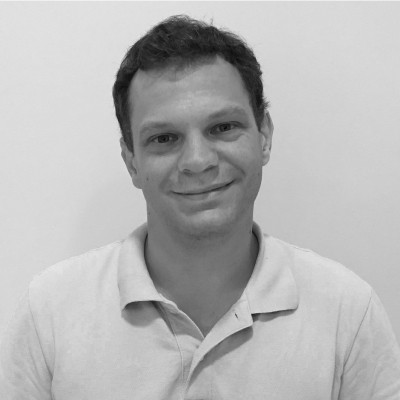
©Private
Dr. Roman Fischer
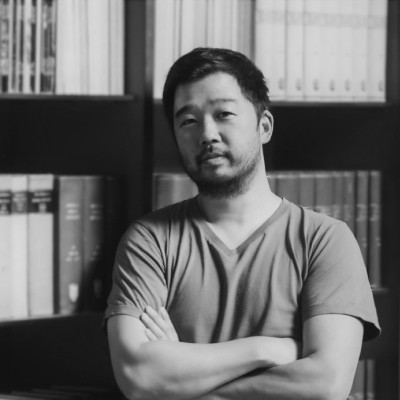
©Private
Prof. Dr. Johnny Kim
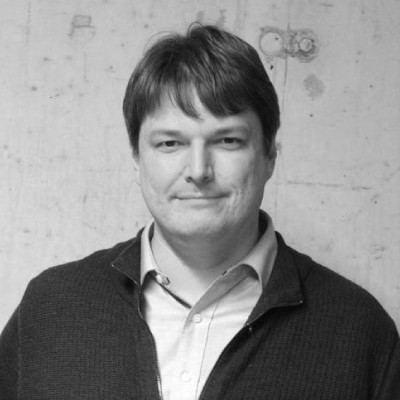
©Dr. Zahra Ahmadi
Prof. Dr. Stefan Kramer
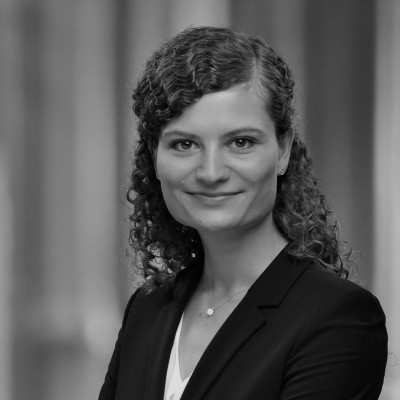
©Private
Dr. Nina Lolies
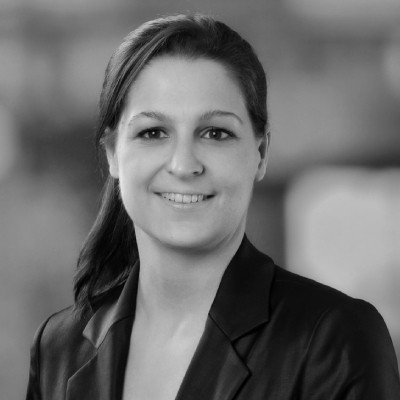
©Private
PD Dr. Nadine Müller-Calleja
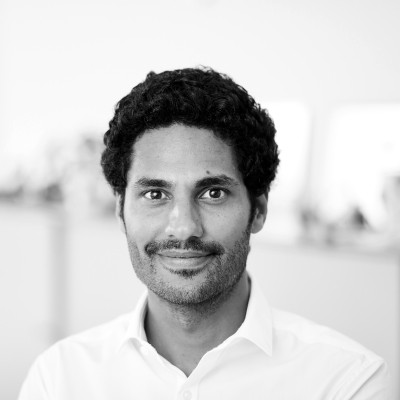
©Symptoma.com
Dr. Jama Nateqi
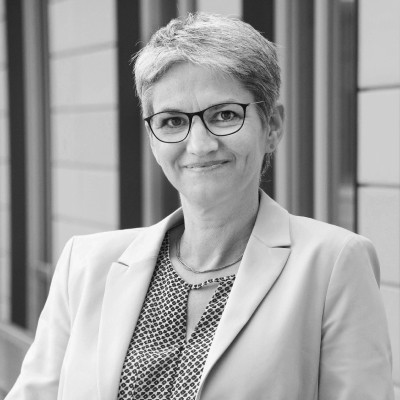
©Universitätsmedizin der JGU Mainz
Dr. Cathrin Nourse
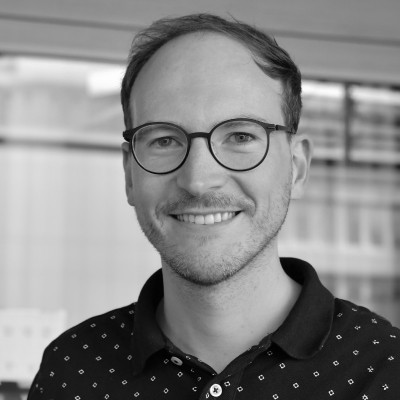
©Faculty of Chemistry and Pharmacy, JMU Würzburg
Prof. Dr. Lutz Nuhn
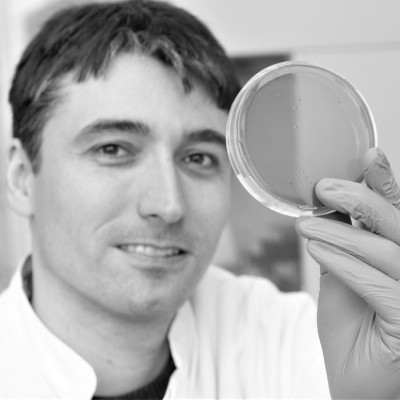
©Peter Pulkowski
Univ.-Prof. Dr. Christoph Reinhardt

©TRON gGmbH
André Rinau
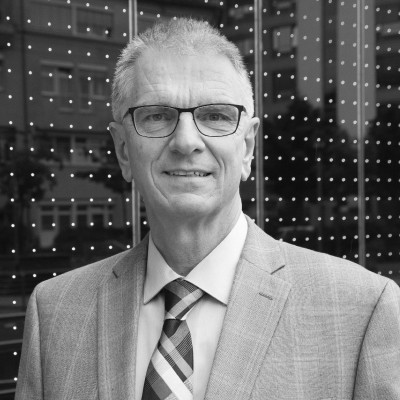
©Thomas Böhm, Universitätsmedizin Mainz
Univ.-Prof. Dr. Wolfram Ruf
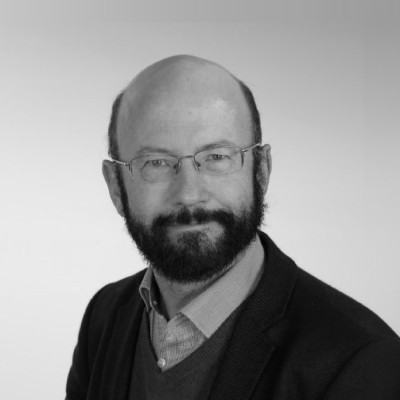
©Jürgen Scheele
Dr. Jürgen Scheele
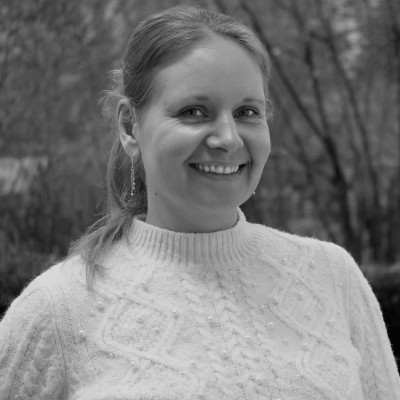
©Private
Dr. Anja Schubert
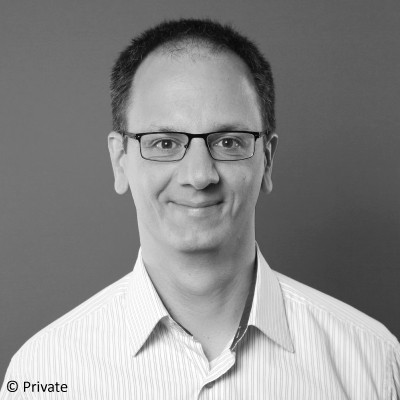
©Private
Priv.-Doz. Dr. Boris Strilic
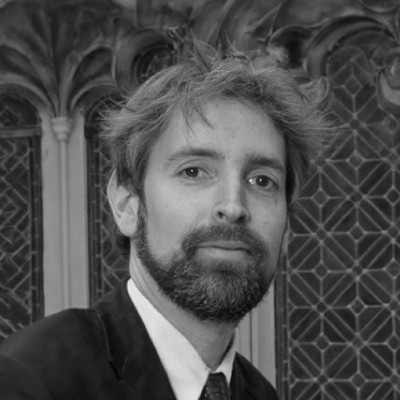
©Private
Dr. Vincent ten Cate
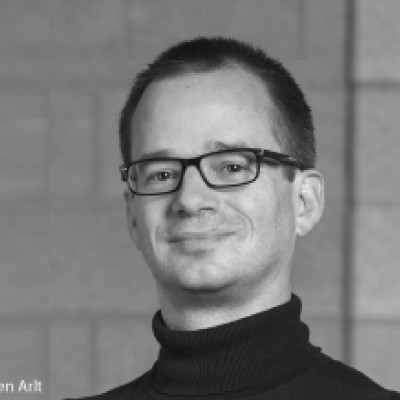
©Jürgen Arlt
Univ.-Prof. Dr. Stefan Tenzer
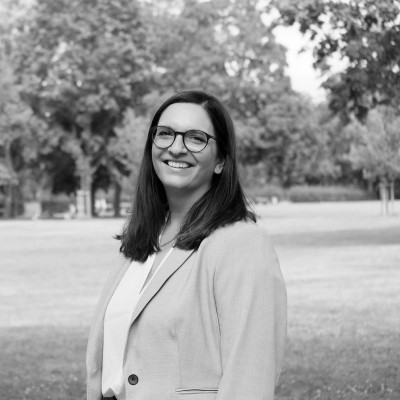
©Private
Carina Versantvoort
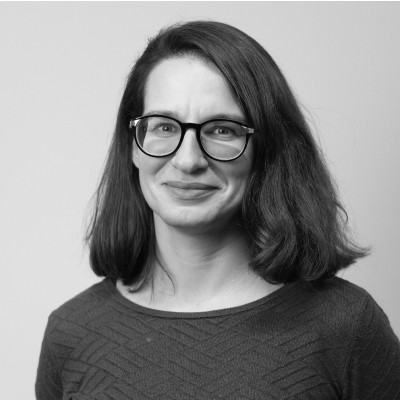
©Private
Univ.-Prof. Dr. Sara Vieira-Silva
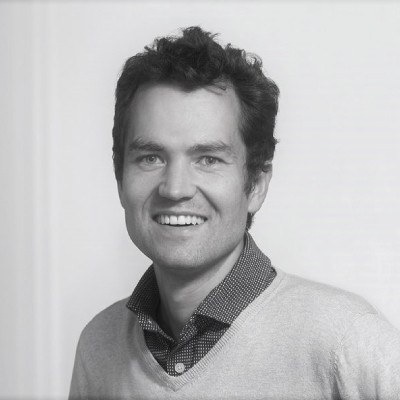
©Jürgen Mai
Prof. Dr. Sebastian Vollmer
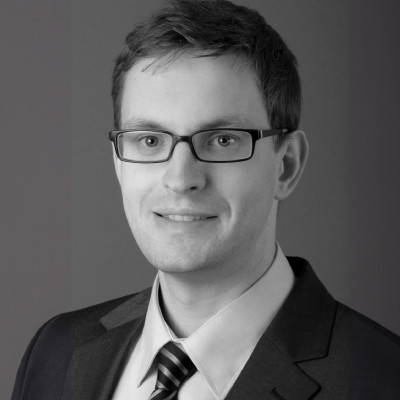
©Private
Dr. David Weber

©TRON gGmbH
Univ.-Prof. Julia Weinmann-Menke
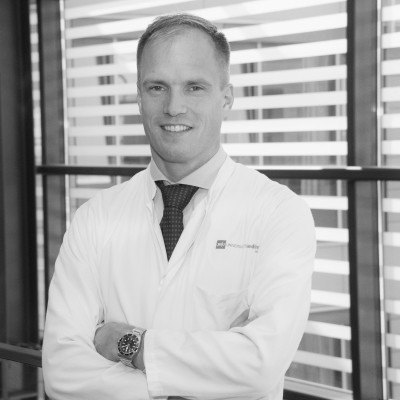
©Thomas Böhm, Universitätsmedizin Mainz
Univ.-Prof. Dr. med. Philip Wenzel
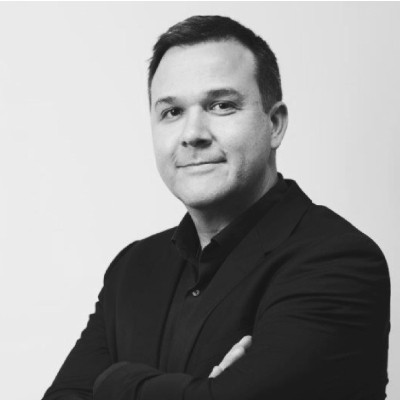
©IMB Mainz
Univ.-Prof. Dr. med. Philipp Wild
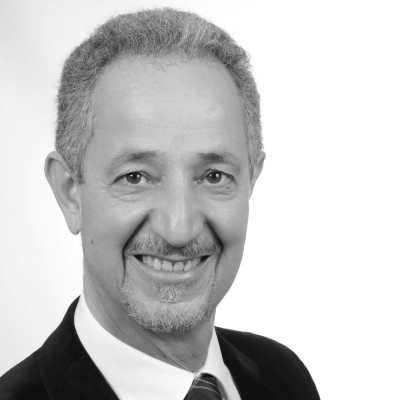
©Private
Prof. Dr.-Ing. Abdelhak Zoubir
curATime advisory board
Prof. Dr. Elisabeth André - University of Augsburg
Prof. Dr. Christoph Binder – Med. University of Vienna
Prof. Dr. Hugo ten Cate - CARIM, University of Maastricht
Prof. Dr. Dr. h.c. mult. Christoph Huber - University Medical Center Mainz, Med. University Vienna, BioNTech, Ci3
Prof. Dr. Georg Krausch - JGU Mainz
Dr. Kirsten Leineweber - Bayer Pharmaceuticals
Prof. Dr. Özlem Türeci – CIMT, HI-TRON, BioNTech SE
Prof. Dr. rer. nat. Dr. h.c. mult. Wolfgang Wahlster - DFKI
